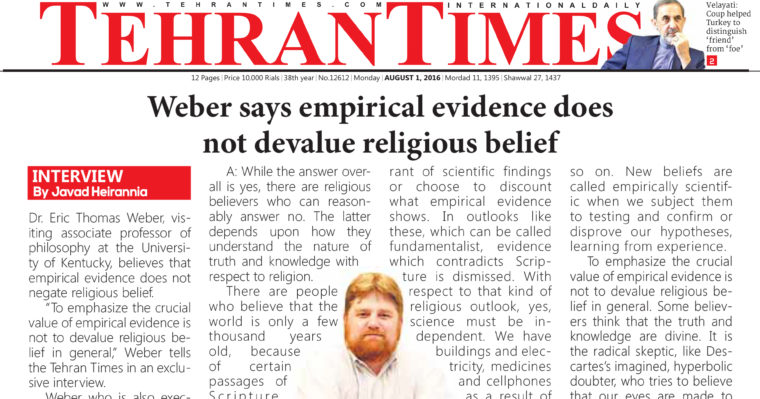When I met biologist and ecophilosopher Andreas Weber several years ago, I was amazed at his audacity in challenging the orthodoxies of Darwinism. He proposes that science study a very radical yet unexplained phenomenon -- aliveness! He rejects the neoDarwinian account of life as a collection of sophisticated, evolving machines, each relentlessly competing with maximum efficiency for supremacy in the laissez-faire market of nature. (See Weber's fantastic essay on “Enlivenment” for more on this theme.)
Drawing upon a rich body of scientific research, Weber outlines a different story of evolution, one in which living organisms are inherently expressive and creative in a struggle to both compete and cooperate. The heart of the evolutionary drama, Weber insists, is the quest of all living systems to express what they feel and experience, and adapt to the world -- and change it! -- as they develop their identities.
Except for a few essays and public talks, most of Weber’s writings are available only in his native German. So it is a thrill that some of his core ideas have now been published in English. Check out his lyrical yet scientifically rigorous book, Biology of Wonder: Aliveness, Consciousness and the Metamorophosis of Science, just published by New Society Publishers. (Full disclosure requires me to mention my modest role in helping Andreas improve the “natural English” of his translation of his original German writings.)
Future historians will look back on this book as a landmark that consolidates and explains paradigm-shifting theories and research in the biological sciences. Biology of Wonder explains how political thinkers like Locke, Hobbes and Adam Smith have provided a cultural framework that has affected biological inquiry, and how the standard Darwinian biological narrative, for its part, has projected its ideas about natural selection and organisms-as-machines on to our understanding of human societies. Darwinism and "free markets" have grown up together.
This is now changing, as Weber explains:
Biology, which has made so many efforts to chase emotions from nature since the 19th century, is rediscovering feeling as the foundation of life. Until now researchers, eager to discover the structure and behavior of organisms, had glossed over the problem of an organism’s interior reality. Today, however, biologists are learning innumerable new details about how an organism brings forth itself and its experiences, and are trying not only to dissect but to reimagine developmental pathways. They realize that the more technology allows us to study life on a micro-level, the stronger the evidence of life’s complexity and intelligence becomes. Organisms are not clocks assembled from discrete, mechanical pieces; rather, they are unities held together by a mighty force: feeling what is good or bad for them.
In the grand narrative of evolution, the idea that feeling, emotions, morality and even spirituality might be consequential has long been dismissed. Such experiences are generally regarded as trivial sideshows to the main act of the cosmos: nasty, brutish competition as the inexorable vehicle of evolutionary progress. Indeed, modern times have virtually combined the idea of "survival of the fittest" with our cultural ideas about the "free market economy."
read more



